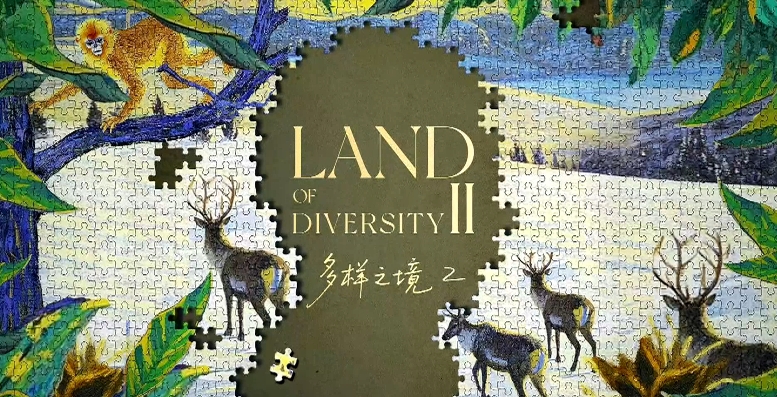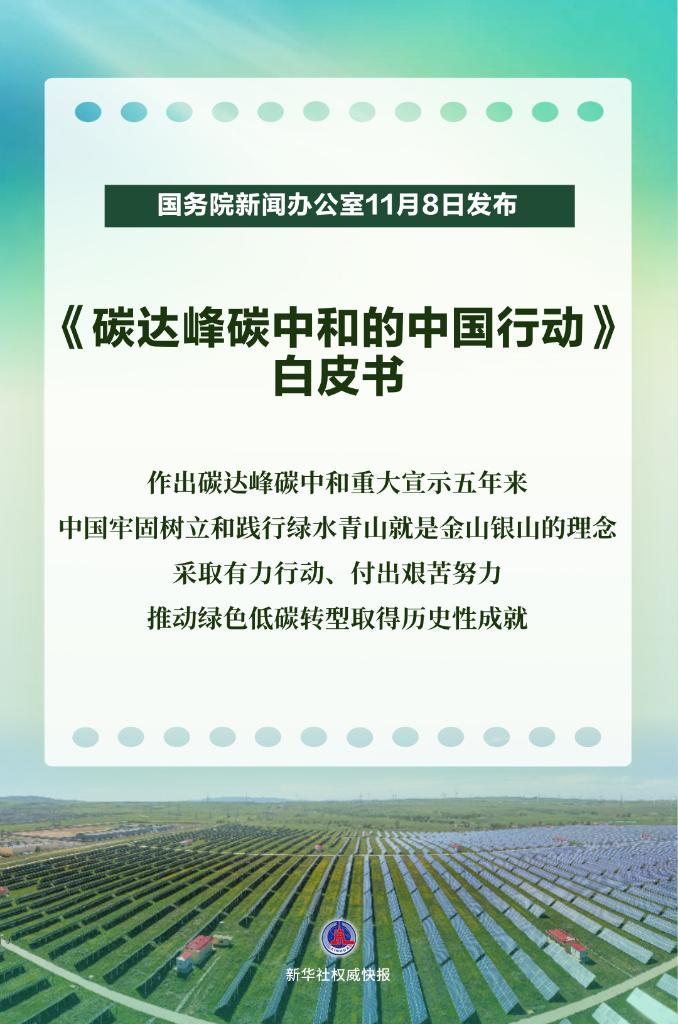CATTI-题库-真题-模拟-课程-直播
 天之聪教育
天之聪教育
 2014-10-27
2014-10-27
 天之聪网校
天之聪网校
 763次
763次
第一部分:英译汉
One of the biggest decisions Andy Blevins has ever made, and one of the few he now regrets, never seemed like much of a decision at all. It just felt like the natural thing to do.
In the summer of 1995, he was moving boxes of soup cans, paper towels and dog food across the floor of a supermarket warehouse, one of the biggest buildings here in southwest Virginia. The heat was brutal. The job had sounded impossible when he arrived fresh off his first year of college, looking to make some summer money, still a skinny teenager with sandy blond hair and a narrow, freckled face.
But hard work done well was something he understood, even if he was the first college boy in his family. Soon he was making bonuses on top of his $6.75 an hour, more money than either of his parents made. His girlfriend was around, and so were his hometown buddies. Andy acted more outgoing with them, more relaxed. People in Chilhowie noticed that.
It was just about the perfect summer. So the thought crossed his mind: maybe it did not have to end. Maybe he would take a break from college and keep working. He had been getting C's and D's, and college never felt like home, anyway.
"I enjoyed working hard, getting the job done, getting a paycheck," Mr. Blevins recalled. "I just knew I didn't want to quit."
So he quit college instead, and with that, Andy Blevins joined one of the largest and fastest-growing groups of young adults in America. He became a college dropout, though nongraduate may be the more precise term.
Many people like him plan to return to get their degrees, even if few actually do. Almost one in three Americans in their mid-20's now fall into this group, up from one in five in the late 1960's, when the Census Bureau began keeping such data. Most come from poor and working-class families.
That gap had grown over recent years. "We need to recognize that the most serious domestic problem in the United States today is the widening gap between the children of the rich and the children of the poor," Lawrence H. Summers, the president of Harvard, said last year when announcing that Harvard would give full scholarships to all its lowest-income students. "And education is the most powerful weapon we have to address that problem."
Andy Blevins says that he too knows the importance of a degree. Ten years after trading college for the warehouse, Mr. Blevins, 29, spends his days at the same supermarket company. He has worked his way up to produce buyer, earning $35,000 a year with health benefits and a 401(k) plan. He is on a path typical for someone who attended college without getting a four-year degree. Men in their early 40's in this category made an average of $42,000 in 2000. Those with a four-year degree made $65,000.
Mr. Blevins says he has many reasons to be happy. He lives with his wife, Karla, and their year-old son, Lucas, in a small blue-and-yellow house in the middle of a stunningly picturesque Appalachian valley.
"Looking back, I wish I had gotten that degree," Mr. Blevins said in his soft-spoken lilt. "Four years seemed like a thousand years then. But I wish I would have just put in my four years."
Why so many low-income students fall from the college ranks is a question without a simple answer. Many high schools do a poor job of preparing teenagers for college. Tuition bills scare some students from even applying and leave others with years of debt. To Mr. Blevins, like many other students of limited means, every week of going to classes seemed like another week of losing money.
"The system makes a false promise to students," said John T. Casteen III, the president of the University of Virginia, himself the son of a Virginia shipyard worker.
天之聪网校参考译文:
安迪﹒布莱文斯曾做过许多重大决定,也很少会为做出的决定感到后悔,但有一个决定至今让他难以释怀。不过,这个决定当时看来根本就算不上什么决定,感觉只是顺势而为。
1995年的夏天,安迪﹒布莱文斯来到一家超市仓库工作。这个仓库是弗吉尼亚西南部最大的建筑之一,他在这里负责搬运成箱的汤罐头、纸巾和狗粮。这里闷热难当,对于刚刚读完大一前来打工的他来说似乎是一份难以接受的差事。安迪﹒布莱文斯当时骨瘦如柴,头发呈沙金色,脸庞瘦削长有雀斑。他来这里打工就是想趁暑假赚点钱。
虽然安迪﹒布莱文斯是家里的第一个大学生,但是他很清楚,哪怕再苦再累也要把工作做好。一开始他的小时工资是6.75美元,这比父母的小时工资还高,而且他很快就拿到了奖金。当时身边有女朋友和老乡陪伴,他整个人更加开朗乐观,奇洛威的人们也注意到了他的这一变化。
整个夏天他过得非常惬意,有个想法不由划过心头:也许不必结束这份工作,休学接着工作也不失为一个选择。当时他在大学里的考试成绩很不理想,不是C就是D,而且在学校里感觉一点也不自在。
“我很享受这种过程:辛勤工作,完成任务,然后领取工资”,安迪﹒布莱文斯回想当时的感受时说,“当时我只是不想放弃这份工作。”
后来他选择退学,加入了辍学就业的青年大军。在美国这是一个较为庞大的青年群体,而且仍以较快的速度不断壮大。就这样,他成了大学辍学生,或者更准确来说是非大学毕业生。
许多像他这样大学退学的人计划重返校园获取学位,但是真正能付诸行动者仍是少数。美国人口普查局从二十世纪六十年代晚期开始统计大学辍学就业群体的情况,当时在二十五六岁上下的年轻人中大学辍学就业者的比例为五分之一,而现在这一比例已上升至约三分之一,其中大部分人来自于贫困和工薪家庭。
近些年来富裕和贫困家庭背景的学生之间差距不断拉大。去年哈佛大学校长劳伦斯﹒ H ﹒萨默斯宣布将向所有低收入家庭的学生提供全额奖学金。他说,“我们必须认识到,美国当今最为严重的国内问题是富裕家庭子女与贫困家庭子女之间的差距越来越大,缩小差距最有效的途径就是教育。”
安迪﹒布莱文斯说他也知道大学学位很重要。安迪﹒布莱文斯今年二十九岁,从十年前辍学到现在,他一直都在这家超市连锁公司工作。他现在已经晋升为公司采购员,年薪3.5万美元,有医疗保险和养老保险。他现在的状况是大学辍学就业群体的一个缩影。根据2000年的统计,对于四十出头的男性而言,没有大学学位的人平均年薪为4.2万美元,有大学学位的人则为6.5万美元。
安迪﹒布莱文斯说,他现在过得还算比较幸福。他的家坐落在风光旖旎的阿巴拉契亚山谷中,他现在与妻子卡拉和刚一岁的儿子卢卡斯住在一所蓝黄相间的小房子里。
“现在回想起来,当时要是能拿到大学学位就好了,” 安迪﹒布莱文斯以柔和又不失活泼的口吻说道,“那时大学四年感觉遥遥无期。当时要是熬过那四年就好了。”
这么多有经济困难的大学生选择辍学确实是个问题,但解决这个问题也绝非易事。许多高中教学质量不尽如人意,大学学费高昂令很多学生望而却步,那些申请就读的学生则要花数年时间才能还清贷款。对于像安迪﹒布莱文斯这样家庭条件不好的学生而言,上一星期课等于少赚一星期钱。
身为弗吉尼亚大学校长的约翰﹒T﹒卡斯汀三世出身于弗吉尼亚一个造船工人的家庭。他说,“教育体系给学生做了一个虚假的承诺。”
第二部分:汉译英
提起东盟国家,我就想起去年在东盟会议上,马哈蒂尔先生和吴作栋先生曾经形象地把中国比喻成一个友好的大象。
他们说,中国的崛起不会对其他们存在任何威胁。中国有5000年的文明史,有过辉煌的过去,也有过屈辱的往事。中国的崛起是多少代中国人的梦想。中国和平崛起的要义在什么地方?
第一, 中国和平崛起就是要充分利用世界和平的大好时机,努力发展和壮大自己。同时又以自己的发展,维护世界和平。
第二, 中国的崛起应把基点主要放在自己的力量上,独立自 主、自力更生,艰苦奋斗,依靠广阔的国内市场、充足的劳动力资源和雄厚的资金储备,以及改革带来的机制创新。
第三, 中国的崛起离不开世界。中国必须坚持开 放的政策,在平等互利的原则上,同世界一切友好国家发展经贸往来。
第四, 中国的崛起需要很长的时间,恐怕要多少代人的努力奋斗。
第五, 中国的崛起不会妨碍 任何人,也不会威胁任何人,也不会牺牲任何人。中国现在不称霸,将来即使强大了也永远不会称霸。
官方参考译文:
Your mention of ASEAN reminds me of an ASEAN meeting I attended last year. I remember on that occasion Mr. Mahathir and Mr. Goh Chok Tong drew a vivid analogy between China and a "friendly elephant".
They told me the rise of China would not pose a threat to their countries. To answer your question, let me say China has a history of 5,000 years. We had a glorious past, but we also suffered humiliation and subjugation. The rise of China and its rejuvenation are the dreams of the Chinese people for many generations. What are the connotations of China's peaceful rise? Let me make the following points.
Firstly, in promoting China's peaceful rise, we must take full advantage of the very good opportunity of world peace to endeavor to develop and strengthen ourselves, and at the same time safeguard world peace with our own development.
Secondly, the rise of China can only be based on our own strength and on our independent, self-reliant and hard efforts. It also has to be based on the broad market of China, the abundant human resources and capital reserves as well as the innovation of our systems as a result of reform.
Thirdly, China's rise could not be achieved without the rest of the world. We must always maintain the opening up policy and develop economic and trade exchanges with all friendly countries on the basis of equality and mutual benefit.
Fourthly, China's rise will require a long period of time and probably the hard work of many generations of Chinese people.
Fifthly, the rise of China will not stand in the way of any other country or pose a threat to any other country, or be achieved at the expense of any particular nation. China does not seek hegemony now. Nor will we ever seek hegemony even after China becomes more powerful.
天之聪网校参考译文:
The very mention of ASEAN leads me back to the ASEAN summit meeting last year when Mr. Mahathir and Mr. Goh Chok Tong compared China to a friendly elephant.
They argued that China’s rise won’t pose any threat to anyone. China has witnessed both glorious moments and humiliating episodes in its history of over 5,000 years. The rise of China has been a dream cherished by many generations of the Chinese nation. What is China’s peaceful rise all about?
First, it means we must seize upon the exciting opportunity that the prevailing peaceful international environment offers us to boost our own development as a way of safeguarding world peace in return.
Second, we must rely largely on our own to push for China’s rise. That means we must make full use of our vast market, abundant labor force and large capital reserve and embrace reform-driven institutional innovation.
Third, China can’t rise in isolation from the rest of the world. China must remain open and committed to business interactions with all countries of good will on the basis of equality and mutual benefit.
Fourth, it will take years, decades or even generations before China truly rises as a global power.
Fifth, China’s rise won’t get in the way of others, threaten anyone or happen at the sacrifice of anybody else. China doesn’t and will never seek hegemony even after it becomes a global power.

 点赞(0)
点赞(0)

 收藏
收藏

军控、裁军与防扩散,寄托着人类铸剑为犁、干戈载戢的美好夙愿,承载着降低战争风险、消除安全赤字、促进世界和平的重要使命,关乎全球战略安全与人类共同福祉,日益成为国际社会共同期待。
国新办 2025-12-03 08:43:20
 收藏资讯
收藏资讯

今年是中国人民抗日战争暨世界反法西斯战争胜利和联合国成立80周年。在这一关键历史节点,习近平总书记胸怀人类前途命运、把握时代进步潮流,在“上海合作组织+”会议上郑重提出全球治理倡议,为解答“构建什么样的全球治理体系、如何改革完善全球治理”的时代命题亮明了中国方案。
外交部 2025-11-13 09:12:08
 收藏资讯
收藏资讯

地球是人类赖以生存的家园,应对气候变化、推动可持续发展关系人类前途和未来。人类进入工业文明时代以来,在创造巨大物质财富的同时,也加速了对自然资源的攫取,打破了地球生态系统平衡,人与自然深层次矛盾逐步凸显。近年来,气候变化不利影响日益显现,全球行动紧迫性持续上升。
国新办 2025-11-12 10:02:52
 收藏资讯
收藏资讯

First of all, I have the honor to convey the best wishes from President Xi Jinping to Brazil for hosting this Summit. President Xi Jinping highly commends the important contributions made by the Brazilian Presidency to global climate governance, and wishe
新华网 2025-11-12 10:00:23
 收藏资讯
收藏资讯